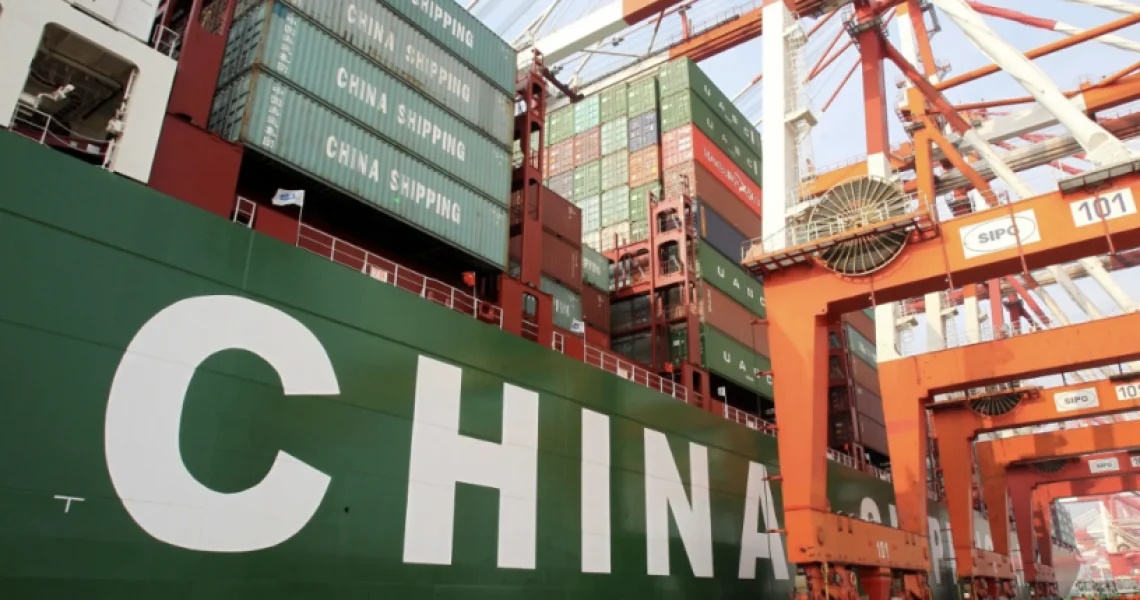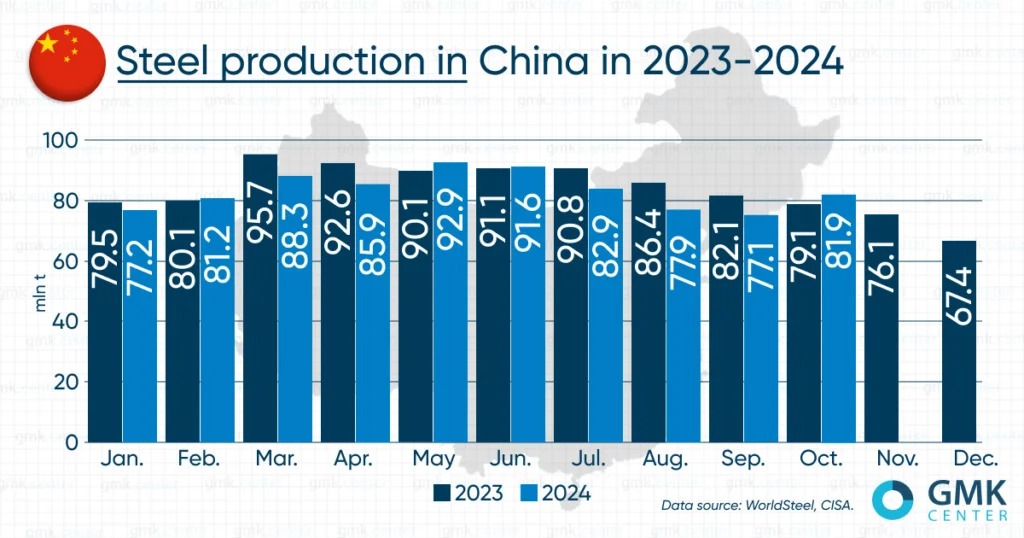In the past 20 years, China has become the world's largest metal processing parts processing center. With its extensive industrial base, excellent production methods and affordable prices, China provides a wide variety of parts, such as CNC machining parts, forging parts, castings, stamping parts and sheet metal products. These goods are exported around the world and used in a wide range of industries, including construction, energy, automotive, aerospace and agriculture. According to recent trade data and market analysis, the demand for metal processing parts created by China has not only remained strong, but has spread to new areas. Today's largest importers include the United States, Germany, Italy, Japan, South Korea, and the development of manufacturing centers in Southeast Asia and Eastern Europe.
High-quality output, large-scale delivery capacity and the ability to adapt to provide customized solutions are the main reasons for the increasing global dependence on Chinese suppliers. Enterprises that provide end-to-end services, from precision manufacturing and global logistics to design consulting and prototyping, such as Ningbo Shengfa Hardware, are also crucial. Their existence shows how Chinese specialized enterprises have transformed from low-cost manufacturers to reliable collaborators of world leaders in their respective industries.
China's largest importer of metal processing parts is still the United States. Its huge automobile industry needs millions of parts every year, a considerable part of which comes from China. For key automotive systems such as engine parts and gearbox shells, precision CNC machining is very important. In addition, China also provides forged and cast steel components for engineering vehicles and heavy trucks to guarantee reliable performance at an affordable price.
American manufacturers also rely on specialized imports in the aerospace industry. Although many high-end components are manufactured domestically, Chinese manufacturers provide more affordable options for maintenance components, secondary systems, and ground support equipment. Aircraft components need to have extremely high precision and durability. In addition to these industries, American consumer electronics, energy equipment and home appliances also use parts from China.
On a smaller basis, Canada reflects many aspects of these trends. Canada's industry and commerce rely on China's forged parts, cast shells and specialized mechanical parts to maintain the smooth operation of mining and machinery because of its strong mining and agricultural industries.

One of the largest consumers of metal processing parts in China is Germany, an industrial power in Europe. Due to the consideration of cost reduction and supply chain diversity, German automobile manufacturers, machine tool manufacturers and energy equipment manufacturers are increasingly dependent on Chinese parts. In Germany, where mechanical engineering and automobile manufacturing set global standards for quality, high-precision CNC machined parts are particularly respected.
France and Italy also import a lot, especially in the construction and automotive machinery sector. France has a large demand for energy and aerospace projects, while Italy's demand is often linked to the production of luxury cars and industrial machinery. Due to its extensive automotive assembly activities and developed infrastructure, Spain imports a large number of casting and stamping products from China.
As a trusted partner, Ningbo Shengfa Hardware is becoming more and more well-known in this regard. By providing standard and customized parts that meet European quality standards, the company has increased its footprint and enhanced its position as a supplier to meet demanding technical and regulatory requirements.
As many countries are China's manufacturing competitors and customers, Asia provides a unique environment. For example, South Korea and Japan are among the world's top producers of electronics and automobiles. However, despite their strong industrial capacity, they still import a large number of Chinese parts. For Japan's automotive supply chain, affordable castings and forgings are particularly critical. South Korea, with its huge shipbuilding and electronics industry, imports mechanical assembly and machined parts to reach a compromise between reliability and affordability.
At the same time, one of the fastest growing regions of China's metal processing parts export is Southeast Asia. Vietnam, Thailand, Malaysia and Indonesia are among the countries that have built their own industrial centers. However, they are still largely dependent on Chinese imports, especially for complex parts requiring precision casting, forging or machining skills. Parts made in China are included in the production process of motorcycles, electronics and home appliance companies in many countries.
One of the determinants is whether China can provide large-scale, rapid turnover capacity to meet this rapidly growing demand. Suppliers such as Ningbo Shengfa Hardware are particularly adept at providing adaptable solutions that allow customers in Southeast Asia to quickly expand their business without sacrificing quality.
In addition to North America, Europe and Asia, the Middle East and Latin America's imports continued to grow spectacularly.
Middle Eastern countries, including Saudi Arabia and the United Arab Emirates, have imported a large number of valves, pumps, fittings and heavy industrial products from China. The petrochemical, oil and gas sectors that drive the local economy depend on these factors. The demand for structural and mechanical components is also constantly created by large-scale construction projects, such as power plants, transportation networks, skyscrapers, etc.
In these areas, the flexibility of Chinese providers is obvious. For example, by providing not only parts, but also engineering assistance and after-sales service, Ningbo Shengfa Hardware has been able to develop its customers. This ensures reliable long-term solutions for sectors with challenging operating environments like oil and gas.
There are many reasons for the success of China's metal processing parts in the world. First of all, one of the main incentive factors is still cost competitiveness. China is able to offer pricing that many other countries can 't match, because China has a wide range of industrial capacity and an effective supply system. Second, due to technological progress, the quality of Chinese goods has improved. Chinese companies can confidently meet international requirements because they have advanced casting operations, precision forging equipment and modern CNC machining centers.
Third, in today's global market, flexibility and personalization are highly valued. Customers now require customized parts to be able to adapt to complex systems without any problems; they are no longer satisfied with ready-made alternatives. Expert-run Chinese companies like Ningbo Shengfa Hardware have achieved a good balance between customization and standardization. The maturity of China's metal processing sector is reflected in its ability to manage both mass production and small-batch prototypes.

It is expected that the global demand for metal processing parts in China will remain high. The automotive industry is still an important force, especially with the increasing popularity of electric vehicles, it is necessary to carry out precision machining and lightweight aluminum alloy castings for specific parts such as battery shells. Projects related to smart infrastructure, renewable energy and aerospace are also promising new avenues.
Chinese manufacturers are moving beyond cost advantages to provide comprehensive solutions and long-term relationships, as shown by companies such as Ningbo Shengfa Hardware. They set the benchmark for how China can maintain its position as the world's top supplier of metalworking parts by combining cutting-edge production and engineering expertise with worldwide support.